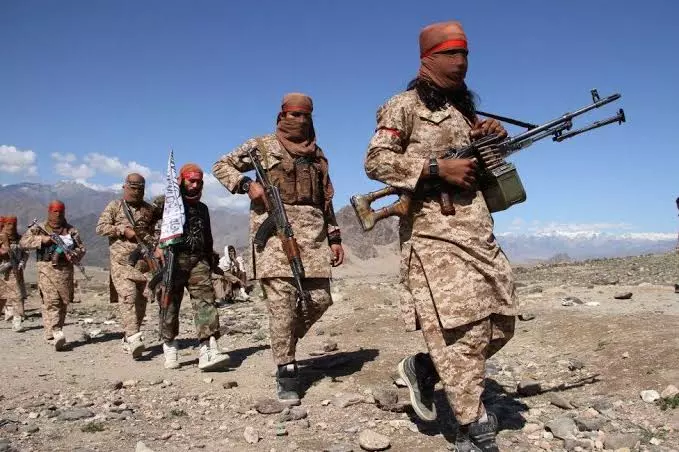
Taliban executing Afghan soldiers, disappearing officals a concern: Report
text_fields100 members of the Afghani security forces have been reported as dead or missing under the Taliban regime according to a new report by the Human Rights Watch, which documents the cases of 47 of those considered to have been executed or missing. The Taliban had not only tracked them down but we're also threatening families, the report claims.
"Summary killings and enforced disappearances have taken place despite the Taliban's announced amnesty for former government civilian and military officials and reassurances from the Taliban leadership that they would hold their forces accountable for violations of the amnesty order," reads the report titled: "No Forgiveness for People Like You" - Executions and Enforced Disappearances in Afghanistan under the Taliban".
According to the authors of the report, the destabilisation and subsequent chaos caused by the Taliban coup in September has led to a rise in violence and the perfect atmosphere for the Taliban to crack down on civilians in the name of restoring peace. The report names Qudratullah, a well-known police commander in Kandahar city as one of the disappeared security officials, with his family in complete darkness over his fate. Another National Directorate of Security official, Baz Mohammed, was kidnapped and murdered 45 days after the Taliban came to power.
"Human Rights Watch is increasingly concerned that revenge killings condoned by senior Taliban leaders are now becoming the basis for a deliberate policy to seek out and execute targeted former government's security officials and others," the report says, citing the crackdown on former ANSP forces in the Helmand and Kandahar regions under Taliban rule. Enforced disappearances are defined as "arrest or detention of a person by the authorities followed by a refusal to acknowledge the deprivation of liberty, or to reveal the person's fate or whereabouts" by the organisation which recognises it as a violation of fundamental rights.
The Taliban's own commission, which was established in September to keep track of human rights violations and other crimes has so far not investigated any of the purported killings Human Rights Watch alleged. They quoted the Taliban as saying that officials who were punished had committed crimes such as theft or were caught for corruption. They have also offered amnesty to the Afghan forces.
Taliban officials responded to say that all detentions and punishments follow a judicial process, and that no one is punished without a court [ruling]. They said individuals have been detained not for "past deeds, but [because] they are engaged in new criminal activities… [and] create problems and plots against the new administration, [and] keep contacts with notorious individuals who fled the country…. It is not our policy to kill someone without trial, whether he is from ISIS or from another group."
The report has prompted a unified criticism from the European Union, Canada and Britain, all of whom said the alleged actions of the Taliban constitute "serious human rights abuses" and contradict the amnesty announced by the ruling Sunni Pashtun group in Afghanistan.






















